Subscribe today to receive the next issue of Game Informer, featuring the Most Anticipated Games of 2026!
The Genre That Refuses To Die: Keeping Adventure Games Alive
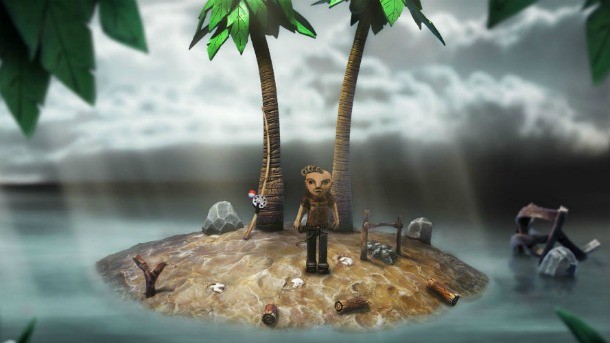
Most discussions about the adventure genre begin with an acknowledgement of its glory days in the ‘90s before bending toward its subsequent death. The decline of the point-and-click adventure is often presented as a phase of gaming history – an indisputable event. That isn’t necessarily true. Though adventure games aren’t mainstream hits anymore, they haven’t died. Their time in the spotlight earned them a devoted following of fans who have kept the genre on life support over the years. These sustaining efforts might pay off soon; with the popularity of mobile gaming and a handful of high-profile titles in development, the adventure genre is on the brink of resurgence. It may never reclaim its former status, but these are the projects responsible for keeping the genre alive long enough to give it another chance.
By Fans, For Fans
King's Quest III Redux by AGD Interactive
As adventure games became a shrinking part of major publishers’ release lists, fan communities from around the world realized the only way to keep playing their favorite series was to continue development themselves. Thanks to accessible and free software (most notably Adventure Game Studio), this goal is within reach for anyone willing to invest the time and effort. Several enthusiasts have even banded together, forming development groups dedicated to revitalizing the classic properties that defined the genre’s heyday.
One such studio, AGD Interactive, has released VGA remakes of King’s Quest I, II, and III, plus one for Quest for Glory II. Another group, Infamous Adventures, remade Space Quest II (as well as its own version of King’s Quest III). After some legal wrangling, Phoenix Online Studios has released four of five episodes in a full King’s Quest sequel entitled The Silver Lining. All of these games are currently available as free downloads.
These projects are labors of love. They involve coordinating the efforts of talented artists, writers, programmers, and voice actors from around the world to create complex and massive quests. Since these developers don’t charge money, all of that effort isn’t in the interest of making a profit. Their affection for the genre, its conventions, and its history is evident to any adventure game fan on every screen and in every puzzle.
Indie Cred

Sleep is Death by Jason Rohrer
Reviving and reinventing classic games is great for nostalgia, but creators haven’t just been retreading familiar ground. Plenty of new adventure projects have arisen from the indie development scene. Some of these are made by one-person teams and are only intended to be shared with the loyal adventure game community, while others are geared toward a broader audience.
Amanita Design’s Machinarium earned acclaim from media outlets when it released in 2009, and the developer has a stable of other stylish titles. The most recent is Botanicula, which released on April 19. The hallmark feature of Amanita’s titles is their distinct and often surreal visuals that portray odd and unconventional worlds. While the puzzles are challenging, they rarely veer into the obtuse inventory combination pitfalls for which the genre eventually became infamous, making the games easier to enjoy.
Moving even further from tradition, Jason Rohrer’s 2010 release entitled Sleep is Death is more of a communal storytelling exercise than a traditional adventure, but it takes clear cues from the genre. Sleep is Death requires two people interacting online in real time. One takes the role of the player, who manipulates the world and initiates contact with NPCs. The other is the author, who changes the world in response to the player’s choices – writing dialogue, moving objects, and setting up scenarios through an intuitive interface. In effect, Sleep is Death is more like software that allows you to create an adventure on the fly. The result is a narrative-focused experience than is infinitely adaptable to your choices, freeing players from the boundaries of single-solution puzzles.
The adventure genre is also frequently represented at the Independent Games Festival at the annual Game Developers Conference, as well as the Academy of Interactive Arts & Sciences’ Indie Game Challenge. One standout from this year’s IGC was The Dream Machine, a point-and-click adventure where the clay-and-cardboard environments, props, and characters are hand-animated by developer Dream Team. The first three (of five) chapters are already complete and available to play online for free.
Titles like these are well-known and respected among hardcore fans, but only gamers who are actively seeking new titles in the genre are likely to find them. Fortunately, not all new adventure titles are reserved for those who know where to look.
Telltale Signs
Strong Bad's Cool Game for Attractive People by Telltale Games
Discussing the state of the modern adventure game is impossible without mentioning the tireless efforts of Telltale Games. Though the studio had developed prior games, Telltale’s decision to revive Sam & Max for a 2006 release earned the most credibility among fans. After that point, the company continued to create new Sam & Max episodes in addition to expanding its catalog into other areas.
Telltale’s release list appears tailor-made to draw in adventure game enthusiasts new and old. The studio developed new chapters in the classic Monkey Island series, along with licensed titles based on popular films like Back to the Future and Jurassic Park. The studio has also produced adventure games based on web series (Strong Bad) and comic books (The Walking Dead), bringing those properties’ built-in audiences into the fold. Telltale has even acquired the rights to develop official new entries in the venerable King’s Quest series, an announcement that excited many longtime fans.
Telltale deserves credit for its work in keeping adventure gaming in the spotlight, but the studio has been more of a steward than savior of the genre. Awareness of Telltale’s games is one thing, but reception is another; review scores for Telltale adventures are all over the place, but most are middling. The studio lacks a knock-it-out-of-the-park hit, and not all fans agree with its relatively simple approach to puzzles and exploration. That isn’t to say that Telltale hasn’t produced good games, but being prolific in the adventure genre isn’t the same as reviving it.
The Kickstarter Future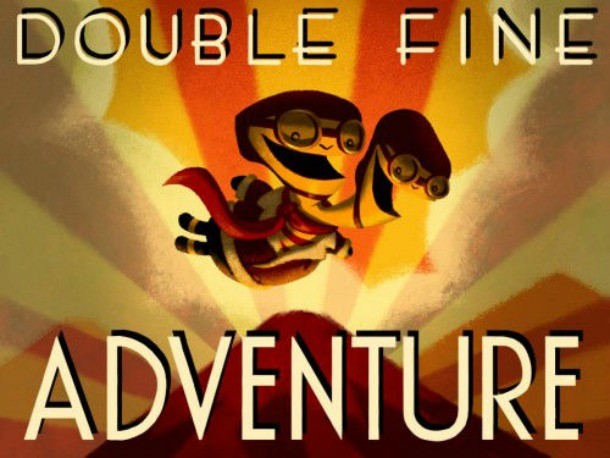
If Telltale’s relentless releases aren’t enough to propel adventure games back into the mainstream spotlight, what chance do they have? Some promising prospects have recently arisen from an unexpected source: crowd funding website Kickstarter.
The phenomenon started when Double Fine Productions and its founder Tim Schafer began a Kickstarter campaign to raise $400,000 for a new point-and-click adventure. Schafer’s resume certainly helped inspire confidence in the project; he worked on such memorable titles as Full Throttle, Monkey Island, and Grim Fandango. The project crushed its funding goal, raising over $3.3 million during the course of the campaign – the largest amount raised on Kickstarter at the time.
Double Fine demonstrated that Kickstarter could be a successful method to raise funds for projects that traditional channels wouldn’t support, and as a result, other developers jumped in with their long-shot titles. Among these, adventure game fans will notice a few familiar faces.
Jane Jensen, the creator of the Gabriel Knight series, began a new studio called Pinkerton Road. Jensen hopes to fund a year’s worth of adventure games through Kickstarter. The first is called Moebius, which the developer describes as a “metaphysical sci-fi thriller” starring an antiquities dealer named Malachi Rector. Pinkerton Road is aiming for a March 2013 release.
Another renowned genre veteran, Al Lowe, has also turned to Kickstarter for support. Lowe is the mind behind the hilariously juvenile Leisure Suit Larry series, and together with Replay Games, an HD remake of the original Leisure Suit Larry is currently in production. This project was actually announced before Double Fine’s Kickstarter coup, but later made the transition to crowd funding.
The pedigree of these upcoming games is promising, but to say that we are experiencing an adventure game renaissance may be premature. The potential is exciting, but the current crop of titles has yet to be proven. Even so, adventure fans can still find many victories in the current gaming landscape. Adventure games are certainly more talked about today than they have been over the last decade, and studios like Telltale Games and Amanita Design have been keeping the genre alive when major publishers had left it for dead. A full-fledged rebirth isn’t likely, but adventure game fans don’t expect it. With quality titles available now and even more promising projects on the horizon, the pointing and clicking isn’t stopping soon.
This feature originally appeared in Game Informer issue 229
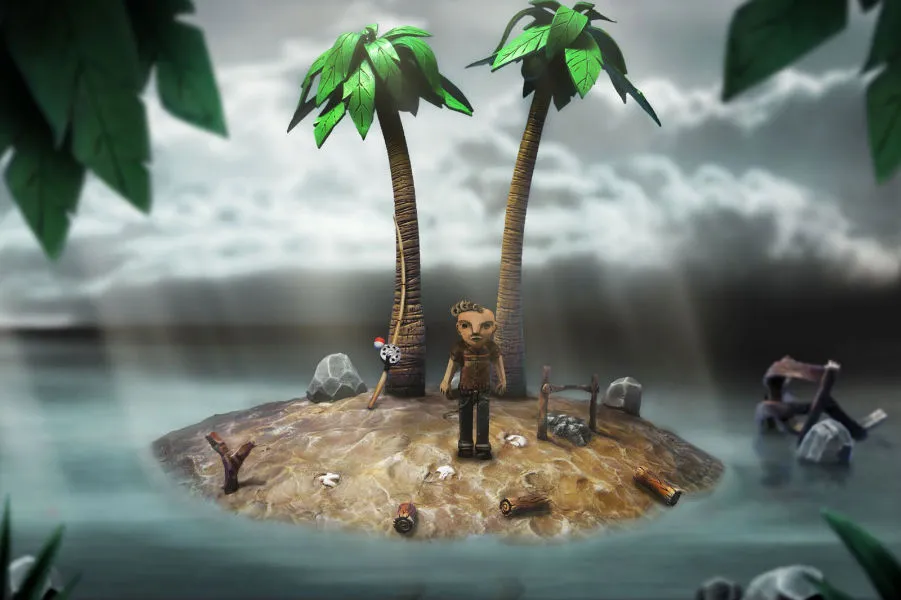
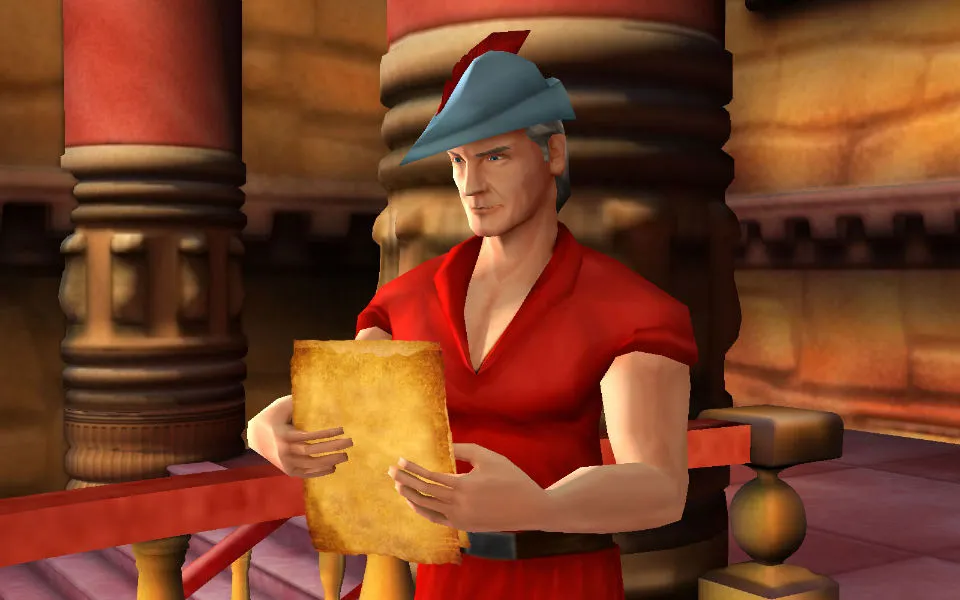


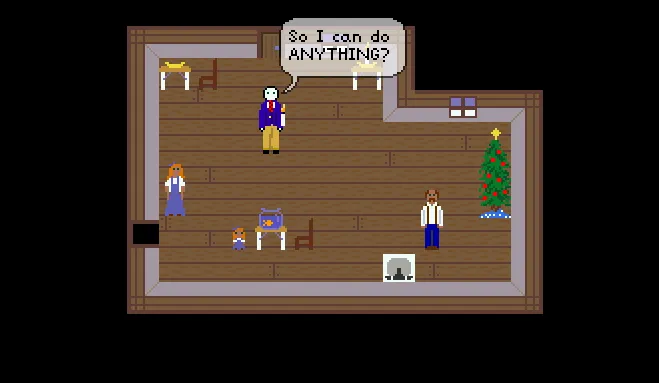

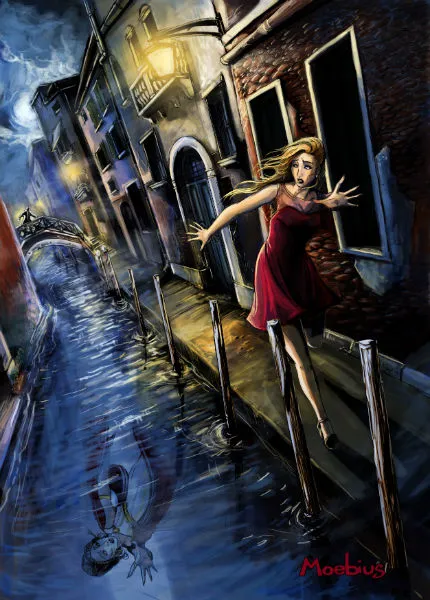
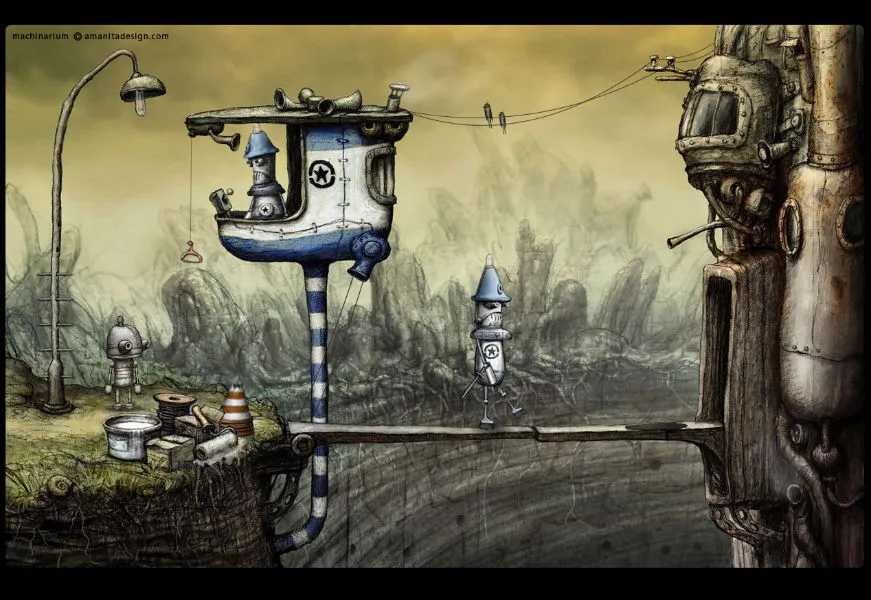

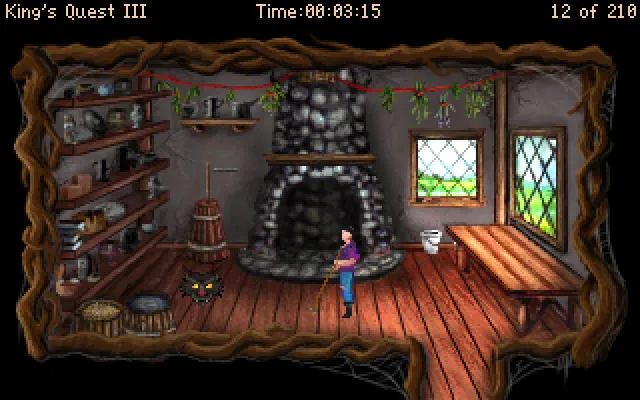
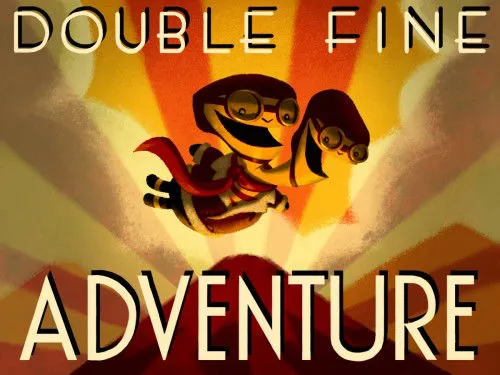
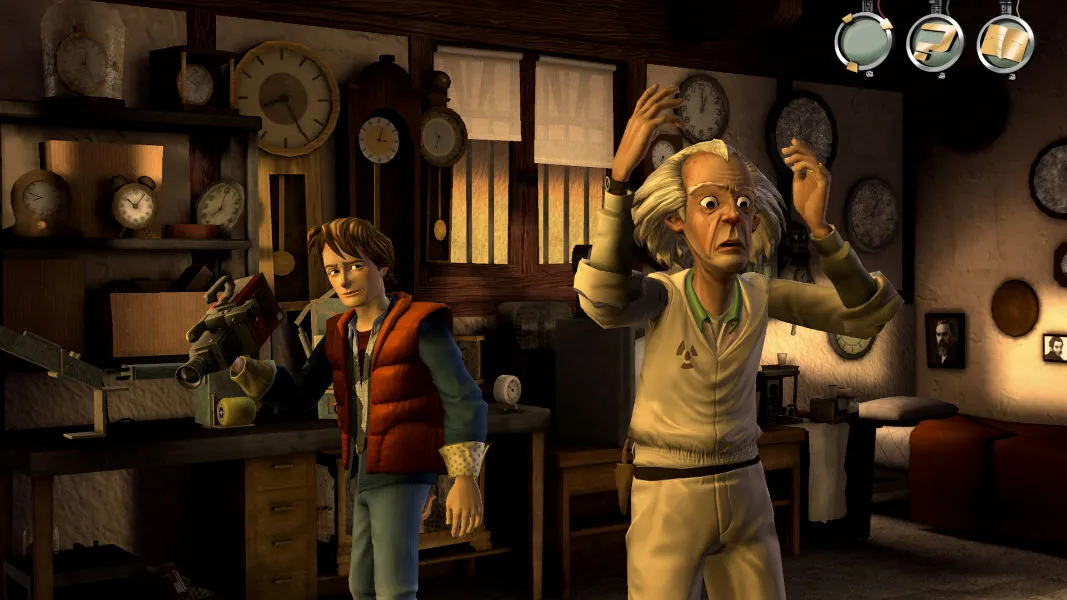

Get the Game Informer Print Edition!
Explore your favorite games in premium print format, delivered to your door.
- 10 issues per year
- Only $4.80 per issue
- Full digital magazine archive access
- Since 1991









